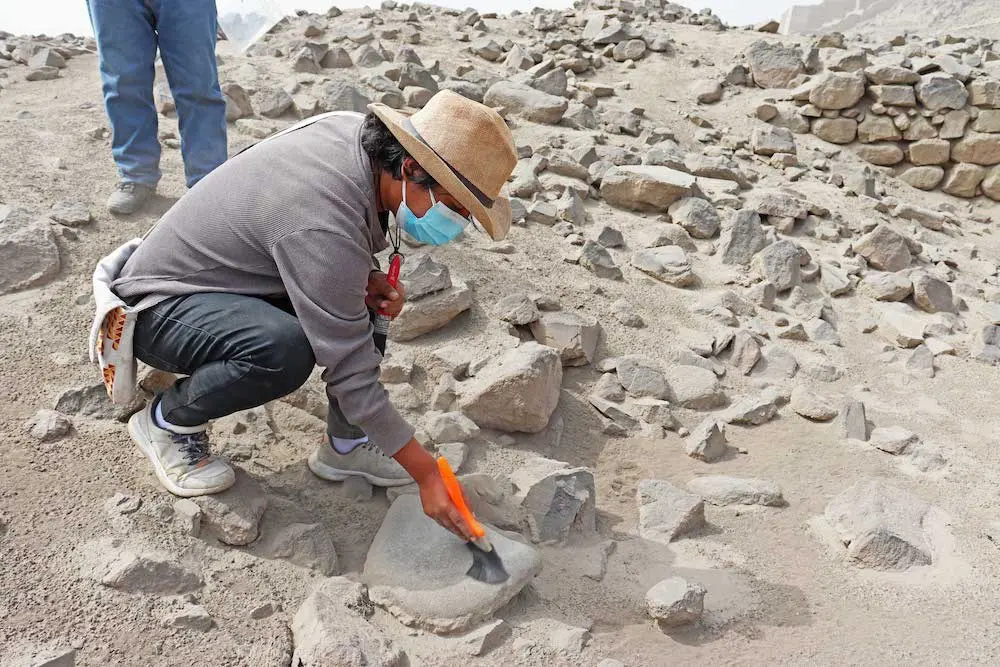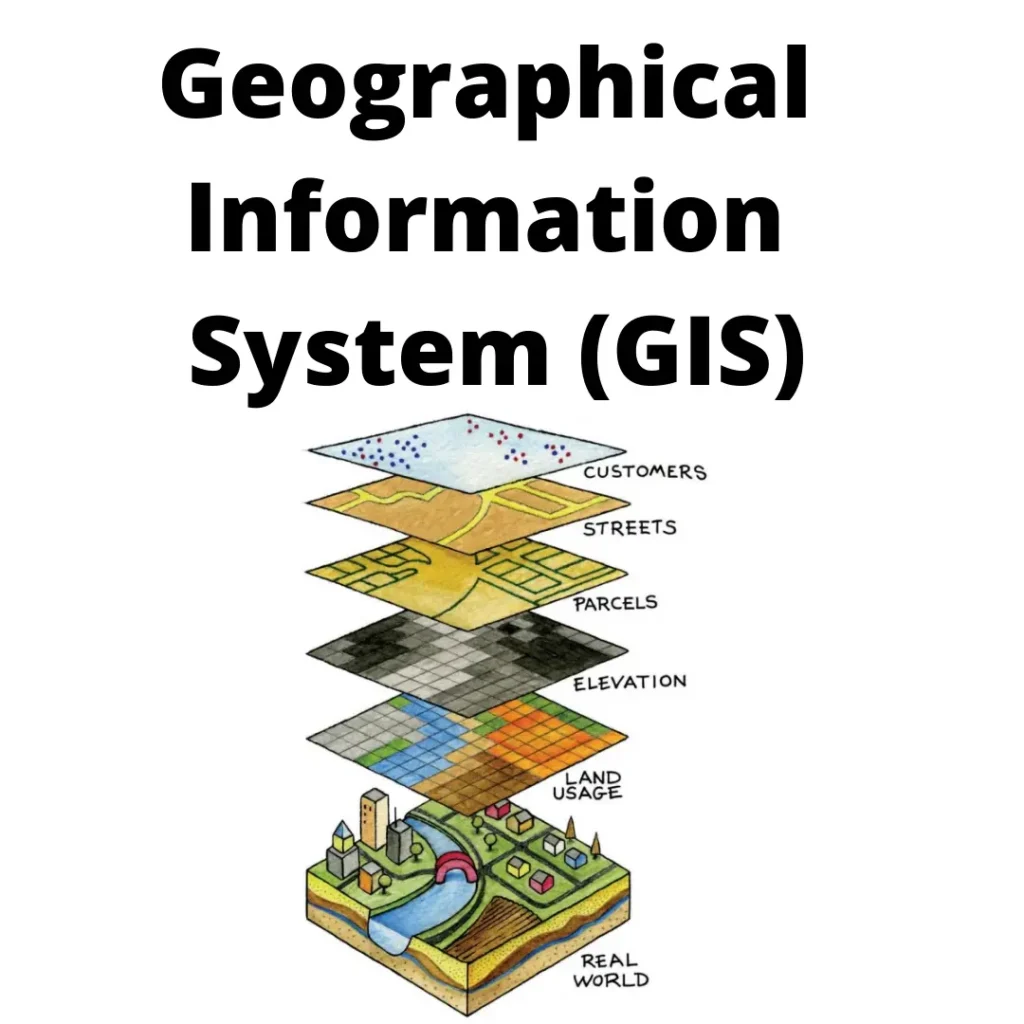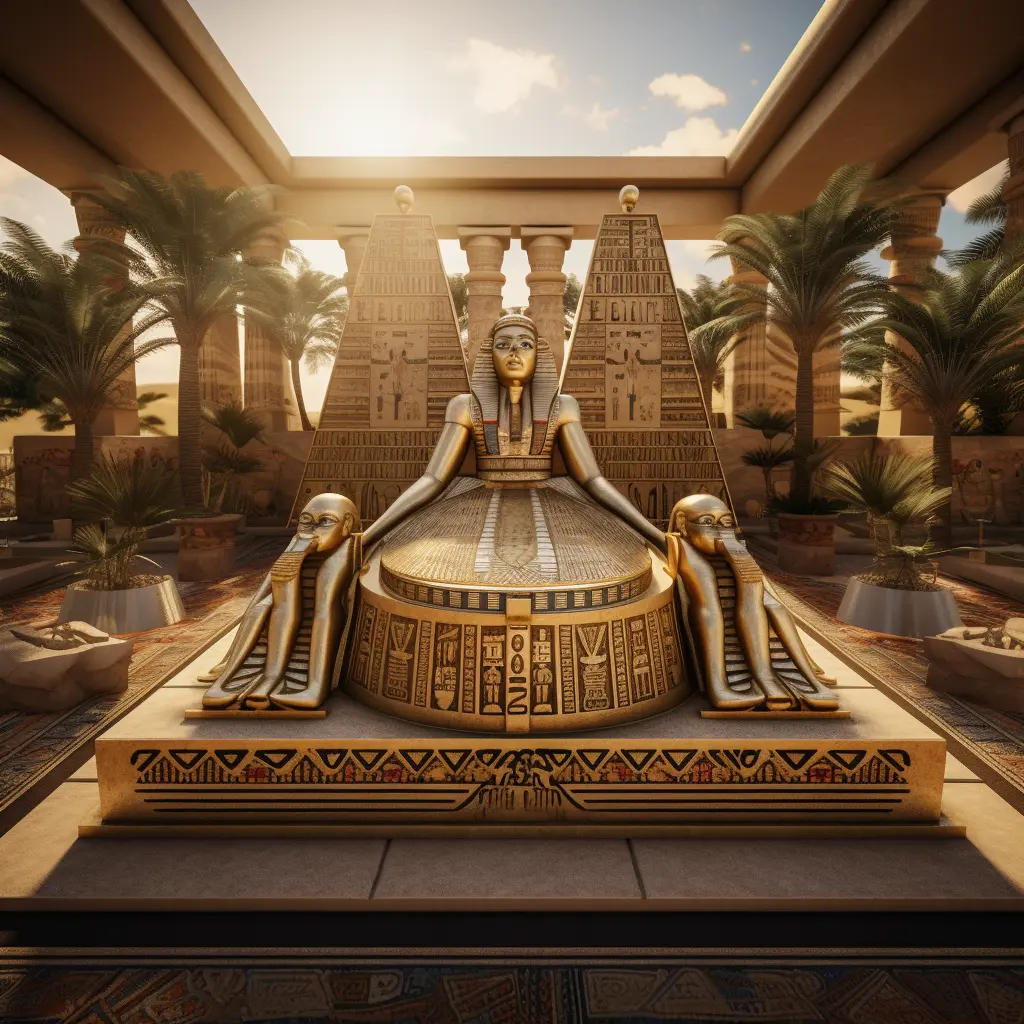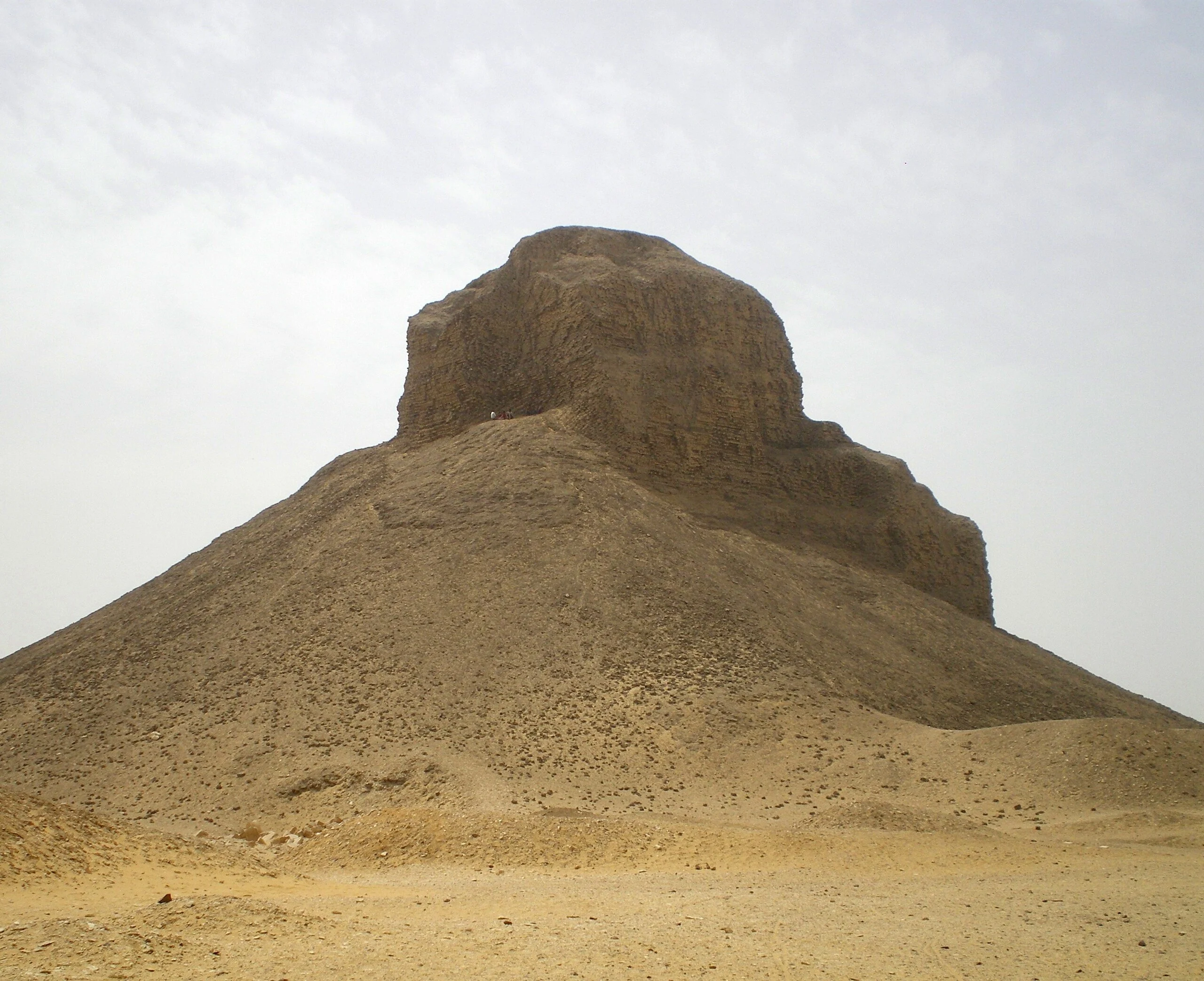
Introduction
Definition of Archaeology and Geology
Archaeology and Geology, while both pertaining to the study of Earth, maintain distinct focuses. Archaeology is a branch of anthropology which examines past human activities and civilizations by analyzing artifacts, structures, and cultural landscapes unearthed from the site of interest.
On the other hand, Geology primarily concentrates on the Earth’s solid features, including its rocks, minerals, and the processes it undergoes over time. Its objective is to understand the Earth’s structure and the evolutionary processes that have shaped it throughout its history.
Importance and Relevance of the Subjects
Archaeology, studying human history, artifacts, and cultures, provides us glimpses into the civilization’s growth, development, and shifts. Simultaneously, geology, the study of solid Earth, its materials, structures, and processes, guides us in understanding dug-up precious metals, predicting volcanic eruptions, or assessing the likelihood of earthquakes. Together, they contribute to constructing an extensive narrative of Earth’s history.
Understanding Archaeology
Origin and Development of Archaeology
Archaeology, a facet of Anthropology, traces its origin back to antiquity. However, For much of its history, archaeology was merely a treasure-hunting quest, until the 19th century when it began developing into a professional discipline. The genesis of modern archaeology lies partly in the works of antiquaries like Johan Burschius and William Camden.
But the critical evolution happened when scholars like Flinders Petrie and Augustus Pitt Rivers started using systematic methods to excavate and interpret artefacts. Today’s archaeology, which finely marries historical records with scientific techniques, owes its advancement to these milestones. It adopts an interdisciplinary approach to studying past human activities and civilizations by analysing artefacts, buildings, and environmental structures.
Key Concepts and Principles in Archaeology
One must note that archaeology mainly revolves around understanding human history. It investigates the past via excavations of artifacts, buildings, and other physical remnants. Principles such as stratigraphy and typology play a crucial role, where stratigraphy aids in dating the artifacts considering the age of the soil layers, while typology classifies these items based on their physical characteristics.
As a human-centered field, archaeology also emphasizes contextual understanding, meaning that discovered objects are studied in relation to the ecosystem and societal systems they were part of. Therefore, archaeology blends various disciplines to extract an accurate narration of human evolution.
Different Methods and Techniques in Archaeology
Different methods and techniques come into play. Archaeologists primarily use surveying methods for site discovery. These involve walking systematically over the landscape or using satellite images for identifying any potential archaeological sites.
Once sites are discovered, excavation becomes the principal method of data gathering. It includes the meticulous process of unearthing artifacts and determining their context within the site. Post-excavation analysis, involving carbon dating and other laboratory tests, is used to decode the information locked within these artifacts. These meticulous and varied techniques distinguish archaeology from geology and other earth sciences.
Related: How Physics is Used in Archaeology
Understanding Geology
Origin and Growth of Geology
This science emerged in the late 18th Century, borne out of a need to understand Earth’s history and its physical characteristics. Its birth is credited to James Hutton, a prominent scientist in the Age of Enlightenment, who set a foundation for making sense of our complex planet.
Over centuries, it steadily gained prominence, gaining recognition as a distinct field of study in the 19th century. Today, geology has branched into numerous sub-disciplines, each devoted to exploring different Earth systems, including its crust, mantle, core, atmosphere, and biosphere. Geology’s growth shows humanity’s progress in decoding Earth’s intricate story.
Fundamentals and Principles of Geology
Geology primarily involves the investigation of solid Earth and processes by which it changes over time. The field fundamentally explores various elements such as soil, rocks, and the structures of tectonic plates. Geologists also study the history of life, usually by examining fossil records.
They precisely evaluate the Earth’s materials, mapping their positions and drawing inferences about their history of formation. Geologists often uncover answers to questions like the Earth’s age, the processes that have occurred on its surface, and the historical sequences of geological events. Understanding the principles of geology is vital for predicting future geological occurrences and their potential consequences.
Varied Methods and Approaches in Geology
Geologists employ an array of techniques like remote sensing and fieldwork. Remote sensing involves the use of satellite imagery to map geological structures. Fieldwork, on the other hand, entails collecting rock samples, mineral specimens and fossil data for lab analysis.
Other necessary tools include Geographic Information System (GIS) for spatial data interpretation and geophysical methods for studying earth’s magnetic and gravitational fields. These multifaceted methods provide a comprehensive understanding about earth’s solid matter, its history, and the processes that have shaped it over billions of years.

Key Differences Between Archaeology and Geology
Objective and Scope of Study
The main objective of archaeology is to understand human history and culture through the excavation and analysis of artifacts, architecture, biofacts, and cultural landscapes. It primarily studies past societies and their respective changes over time.
Conversely, geology focuses on studying the Earth’s solid features, its structures, and the processes by which it is changed. It aims to understand the Earth’s history, its past climates, and the evolution of life. In essence, while archaeology is centered on human activity, geology is preoccupied with the Earth itself.
Techniques and Methods
Archaeology and Geology, though both are scientific studies of the past, utilize distinctive techniques and methods. Archaeologists focus on physical remains of humans, employing techniques such as excavation, seriation, and carbon dating to uncover artifacts like tools, pottery, and bones, which shed light on human activities and civilization.
Geologists, on the other hand, examine and analyze Earth’s solid materials and transformation processes. They utilize techniques like rock and mineral identification, seismic surveying, and radiometric dating to understand Earth’s history, structure, and the processes that have shaped it over time. Thus, the differing techniques and methods reflect the unique objectives of each field.
Application and Impact
Archaeology significantly affects our understanding of history and human evolution, uncovering past cultures and civilizations through the study of artifacts, architecture, biofacts, and cultural landscapes. Conversely, Geology holds immense relevance to natural resource exploration, climate change study, predicting natural disasters, and planning of urban development.
It gives insight into Earth’s history and processes and studies the evolution and ages of rocks, which may even contain some archeological interest. Despite their contrasting primary focuses—human history versus earth history—both archaeology and geology offer significant contributions to our collective knowledge base and societal development.
Profession and Career Paths
Both fields offer distinct opportunities. Archaeologists often work for research institutions, government agencies or museums, participating in excavations and analyzing ancient artifacts to piece together historical timelines. They may specialize in a specific time period or region, serving an integral role in preserving the past.
Geologists, on the other hand, work more with natural resources companies, environmental consulting firms, government agencies, or academic institutions. They study earth processes like earthquakes and landslides, as well as earth materials such as rocks and minerals. Careers in geology can include environmental consulting, natural hazards mitigation, energy or mineral resource exploration, and climate change research.
Related: What Are The Different Types Of Archaeology?
Similarities Between Archaeology and Geology
Shared Objectives and Goals
Despite their differences, archaeology and geology share several objectives and goals. Both fields are primarily concerned with understanding Earth’s history, albeit from different perspectives. Archaeology seeks to decipher the past of human societies, while geology examines Earth’s physical changes over time.
Unearthing artifacts or examining layers of rock can supply insightful data about environmental conditions and human activity. Therefore, both disciplines coexist in a symbiotic relationship as they intertwine and complement each other in pursuits to reconstruct the Earth’s history. Their shared goals mutually contribute to advancements in each field, thereby enhancing our knowledge about the evolution of both our planet and humanity.
Overlapping Techniques and Approaches
While archaeology and geology are distinct disciplines, they share several overlapping techniques and approaches. Both fields utilize similar tools for excavations such as shovels, trowels, brushes, and survey equipment. Methods like stratigraphic analysis, a process of studying layers of sediment, are pivotal in both disciplines too.
Geographic Information Systems (GIS) are also used commonly for mapping and analyzing spatial data. Additionally, archaeologists and geologists often work together on interdisciplinary projects, such as paleoenvironmental reconstruction, to better understand the Earth’s past. By acknowledging these mutual methods, we can appreciate the interconnectedness and complementarity of these two scientific domains.
Conclusion
Recap of the Main Differences and Similarities
In conclusion, archaeology and geology, while both involving the study of the earth, have distinctive focalities. Archaeology is primarily about understanding past human cultures through the exploration and examination of physical artifacts and structures. On the other hand, geology studies the physical properties and history of Earth’s solid features.
Their similarities lie in the use of similar techniques such as stratigraphy and the common goal of understanding the past, albeit from different perspectives. Essentially, while their subjects differ – human history vs geological history – both are irreplaceably integral in the study and appreciation of the complex tapestry of our planet’s rich history.
Importance in Human Understanding and Progress
Both archaeology and geology play crucial roles in human understanding and progress. While archaeology provides invaluable insight into human history, cultural development and societal evolution, geology helps us comprehend the dynamism of our planet, predicting natural disasters and aiding in resource management.
Their collaborative data fills gaps in our understanding, providing a better picture of our past and present, facilitating informed decisions about our future. Moreover, the exploration of these fields propels scientific advancement, contributing to technological enhancement and environmental conservation. Even though different in approach, they together shape our perception of humanity’s existence and Earth’s incredible geological phenomena.



